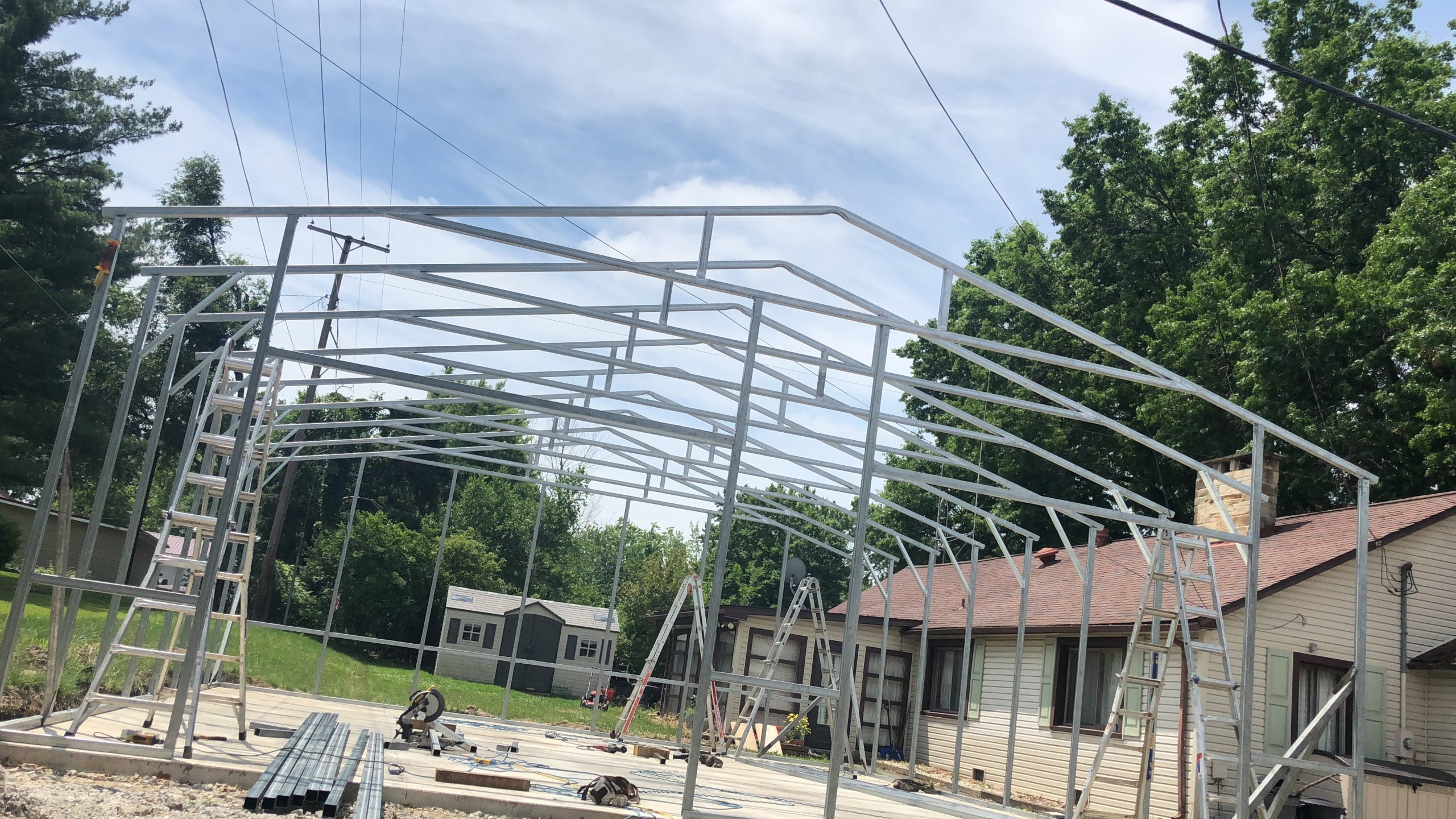
Metals are superior materials for many purposes, like construction and manufacturing. It is because most metals have durability and strength. However, not all are suitable for all types of structures or projects because of their limitations. It is where alloys such as steel come as a solution.
The drawbacks of some metals
Aluminum, tin, copper, iron, nickel, brass, and bronze are just a few types of metals that are purposeful for many applications. For example, soft metal tin can be easily formed into thin sheets. Copper is excellent in electrical conductivity. However, most pure metals have weaknesses that can be problems for some projects.
The two common issues with metals are they’re heavy, leading to problems like installation difficulty. In this case, the project will be more laborious and time-consuming. If it’s a building structure, it means requiring a solid foundation and extra support to bear its weight.
Another weak point of most metals is their vulnerability to corrosion. Exposure to different elements makes them corrode or rust over time. Aside from these, most metal-made materials have the following weaknesses:
Does not provide adequate insulation: Many metals conduct heat and cold through their surface. So if they use it in a building, they strain energy bills and make living spaces uncomfortable.
Susceptible to damage: Some metals are also vulnerable to physical damage, such as dents and scratches. Over time, they can be unreliable to use for the structure.
Often a bit expensive: Though metals are durable materials, they can be pricey due to their weight and size. For this reason, some homeowners or contractors find some metal-made structures unaffordable to build.
Limited design options: Generally, metals offer a sleek industrial look. It is good, but it also makes them unfit for some types of construction. For instance, they can be challenging to incorporate into existing structures. Moreover, some classes are inflexible enough, limiting project design possibilities.
Limited sound absorption: Metal is a hard material that does not absorb sound very well. If your project has rooms or areas requiring noise-dampening technology, add-on materials must be added.
Learn the most widely used structural steel.
What do you get from steel-made materials?

Although it is also a metal type, steel is more beneficial to different applications than other metals. Steel is an iron, carbon alloy, and sometimes other elements such as manganese, chromium, vanadium, cobalt, or tungsten. Thanks to this unique combination, it provides advantages over other metals.
- Has a higher strength-to-weight ratio and can bear large loads – Steel particularly has the edge over metal elements with high strength-to-weight ratios, such as Manganese, Chromium, Vanadium, Cobalt, and Tungsten.
- Can be easily shaped into thin sheets or bent without breaking due to its ductility
- Recyclable and can be reused – Steel is considered one of the sustainable and environmentally-friendly materials.
- Affordable for many industrial applications
- Less prone to damage from wear and tear or corrosion
- Can be produced in various forms and shapes – This factor gives building designers greater flexibility. And steel’s versatility makes it virtually useful for any industry, from automotive to aerospace.
- Resistant to fire, heat, and chemicals – It is an excellent choice in areas subject to those environmental factors.
- Often less expensive – Its abundance and production efficiency make steel more affordable.
- Resistant to corrosion or rusting – Steel is ideal for outdoor applications where weather conditions may be a factor.
- Weldable and can be soldered – Steel is quick and easy to repair in case of damage or wear and tear.